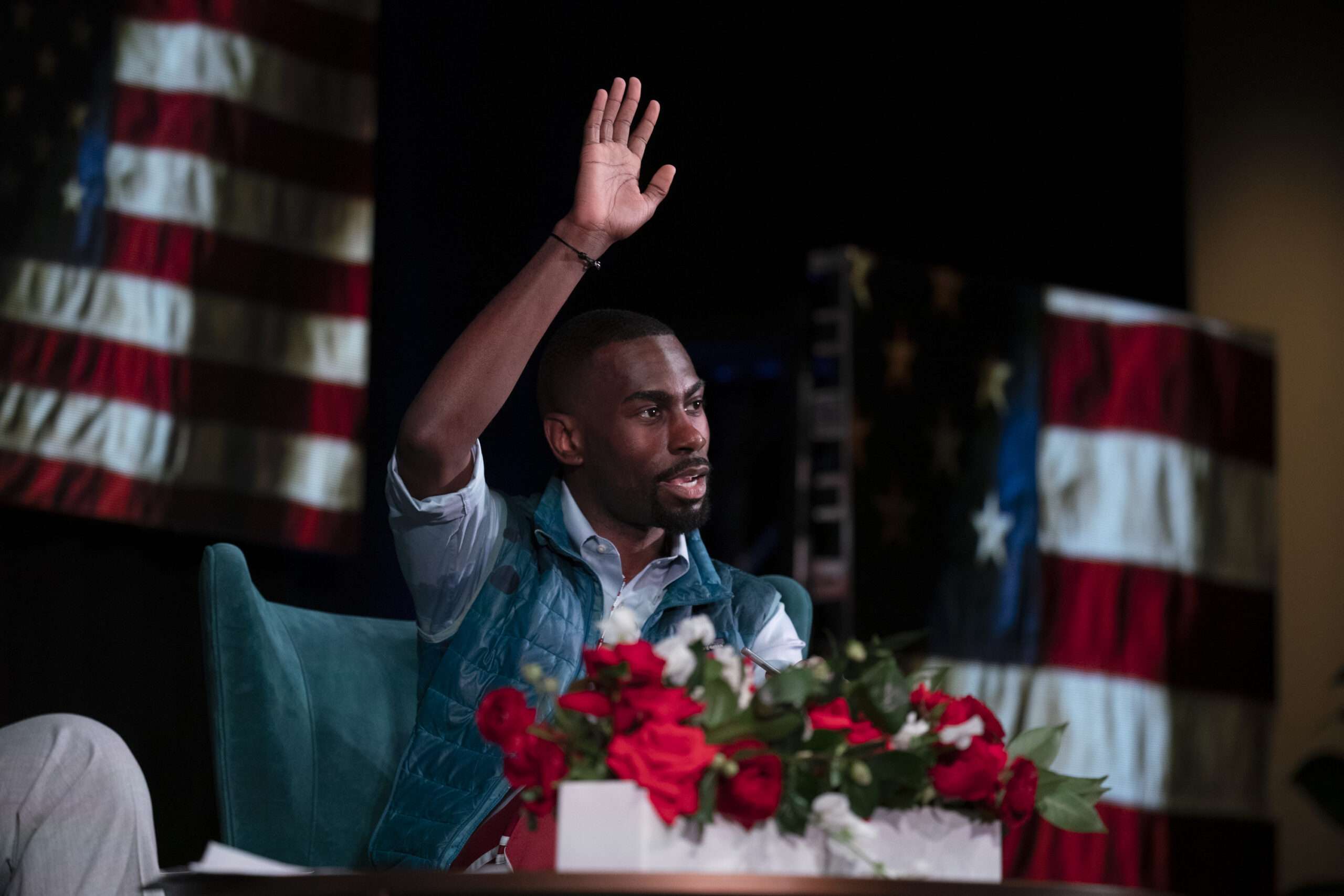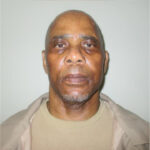This week, a federal court in Louisiana dismissed a lawsuit against protest organizer DeRay Mckesson, ending a case that spanned several years and posed a threat to free speech protected by the First Amendment.
In July 2016, police officers in Baton Rouge shot and killed Alton Sterling, a black man selling CDs outside a convenience store, sparking protests nationwide.
During a Black Lives Matter march outside the Baton Rouge Police Department shortly after the shooting, there was a clash between protesters and police, with some demonstrators throwing water bottles. One protester allegedly threw a rock or piece of concrete that hit Officer John Ford in the head, causing severe head injuries and knocking out teeth. The protester who threw the object was never identified, but it was not Mckesson, who was accused of organizing the protest.
Nevertheless, Ford (initially identified as “Officer John Doe Police Officer”) filed a lawsuit against Mckesson in November 2016, alleging negligence and claiming that Mckesson should have known that his actions could lead to serious personal injury. While acknowledging that Mckesson did not directly incite violence, Ford argued in an amended complaint that Mckesson had indirectly justified violence in interviews.
In September 2017, the U.S. District Court for the Middle District of Louisiana dismissed the case with prejudice, preventing Ford from refiling.
Chief Judge Brian A. Jackson referenced NAACP v. Claiborne Hardware (1982), where the U.S. Supreme Court ruled that the right to associate is constitutionally protected even if some members engage in conduct not protected by the First Amendment, such as violence. Jackson stated that Ford failed to provide factual evidence that Mckesson’s speech exceeded constitutional boundaries, therefore absolving Mckesson of liability for the actions of others.
However, in December 2019, the U.S. Court of Appeals for the 5th Circuit reversed the dismissal and sent the case back to the district court, arguing that Mckesson had negligently created a foreseeable risk of violence during the protest.
The U.S. Supreme Court declined to review the case earlier this year, with Justice Sonia Sotomayor referencing the Court’s precedent on incitement and disorder.
This week, the district court once again ruled in favor of Mckesson, dismissing Ford’s claims under Louisiana law and the First Amendment. The court highlighted the lack of evidence supporting Ford’s allegations.
“The Supreme Court has consistently upheld the rights of peaceful protesters, and we are pleased with the district court’s decision,” said David Cole, legal director of the ACLU, which supported Mckesson’s defense.
While the outcome is positive, the prolonged legal battle over nonviolent protest activities and the First Amendment underscores the complexity and importance of protecting free speech rights.




